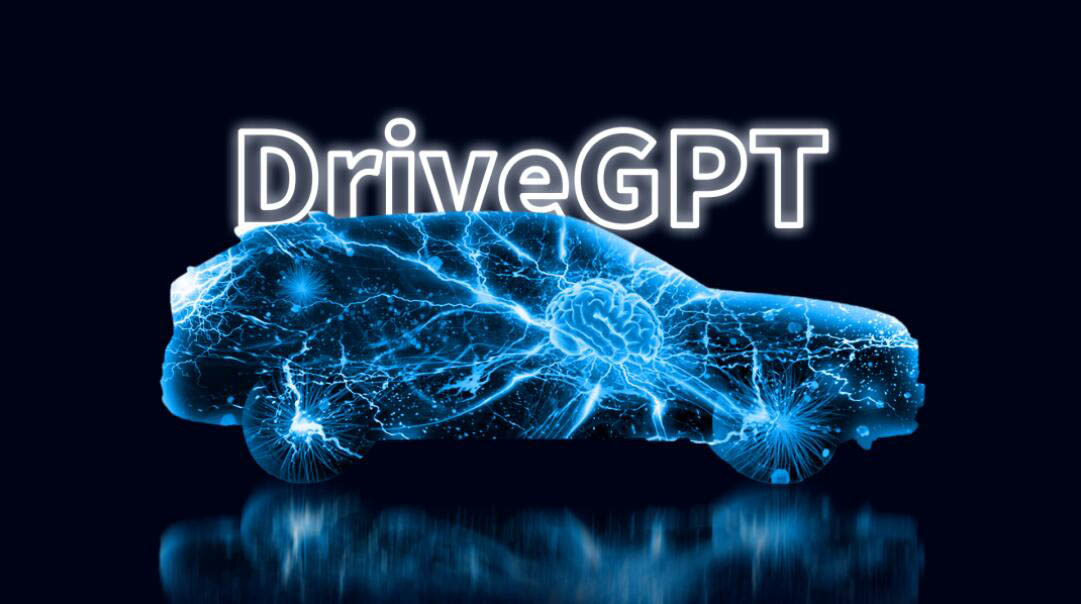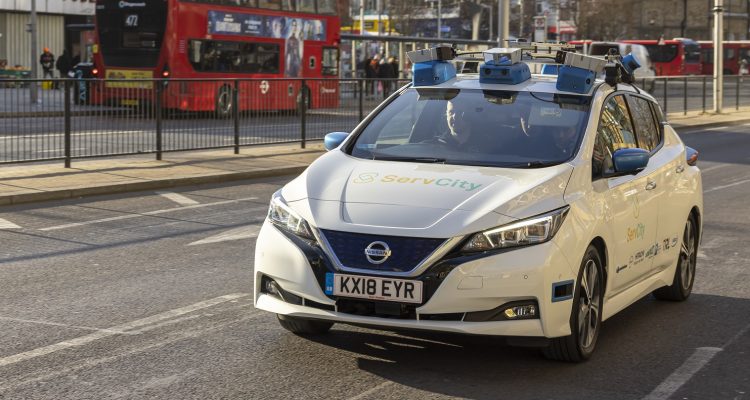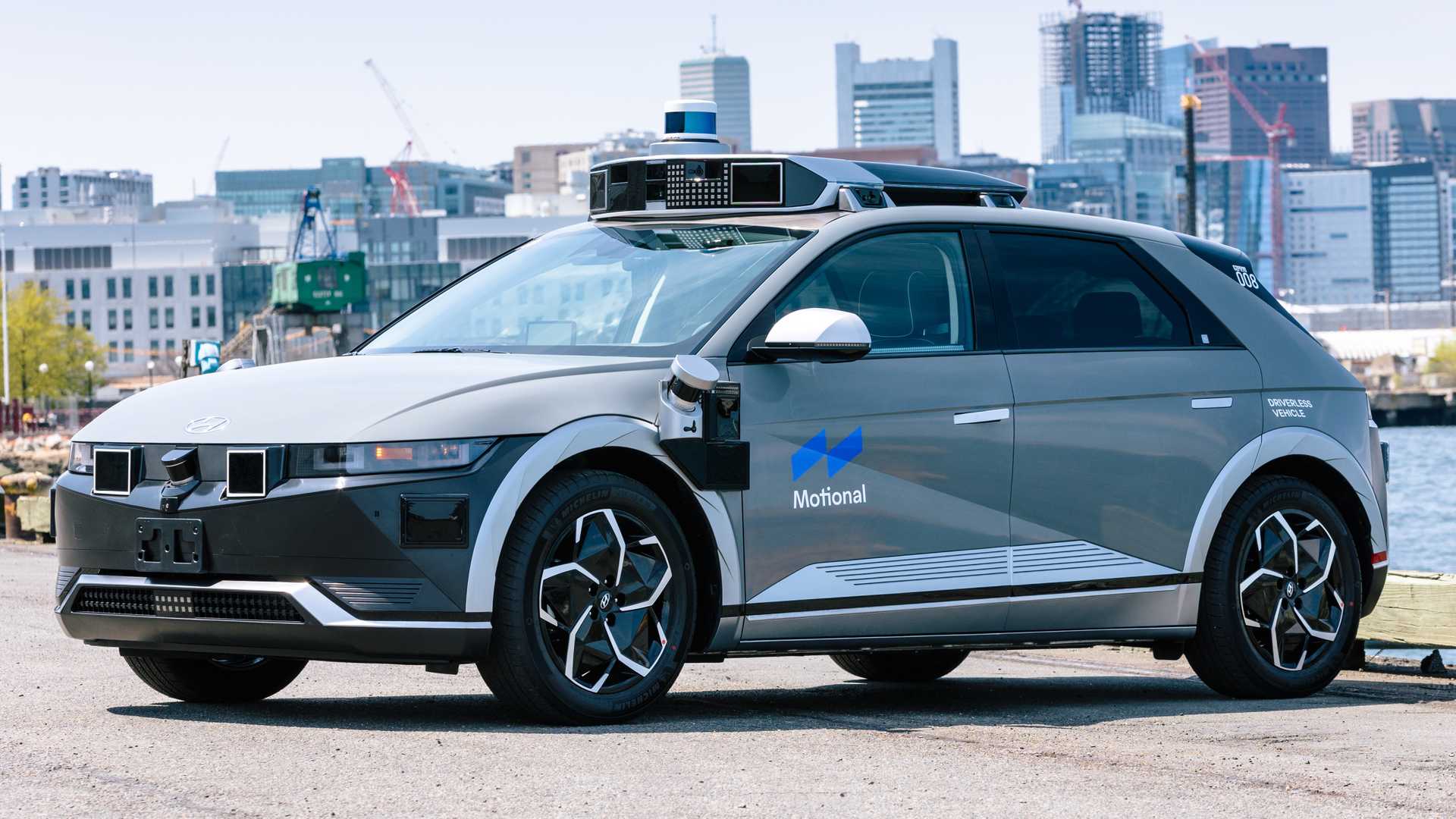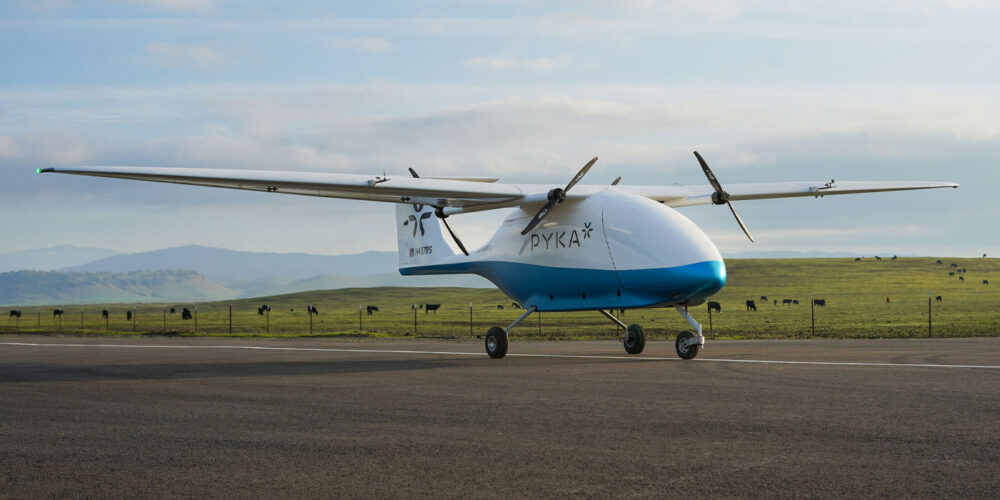Haomo.AI Technology, a Chinese startup backed by Great Wall Motor, has unveiled a new AI foundation model for self-driving cognition called “DriveGPT.” This marks the first of its kind in the global self-driving cognition space. The Beijing-based company has completed the model building and validation of the first phase of data with parameters comparable in size to GPT-2. The company plans to bring in large-scale real data to continuously improve the measurement.
DriveGPT will also be used as a cloud-based measurement model to evaluate the driving effectiveness of small models on the vehicle side. Haomo was one of the first to introduce the Transformer foundation model into the data intelligence system MANA in China in the area of autonomous driving. The company’s self-supervised cognitive foundation model borrows the idea of ChatGPT implementation and adopts Reinforcement Learning from Human Feedback (RLHF) technology.
See also: Autonomous Taxi Startup Pony.ai get a taxi license in China
At the 8th Haomo AI Day in April, the company plans to announce significant progress. Haomo is the former autonomous driving division of Great Wall Motor and became an independent company in November 2019. The company unveiled MANA OASIS, China’s largest autonomous driving computing center to date, with a total computing power of 670 PFLOPS, at its seventh AI Day event on January 5.
Haomo’s product capability will be even stronger with the abundant data and computing power enabled by MANA OASIS, steering the company into the era of autonomous driving 3.0. Another Chinese company that is bringing AI capabilities to the autonomous driving scene is Jidu, the car-building arm of Baidu. Jidu announced on February 14 that it will leverage Baidu’s ChatGPT-like product, ERNIE Bot, to create a large-model AI interaction experience for smart car scenarios that will support natural communication for robot cars.







